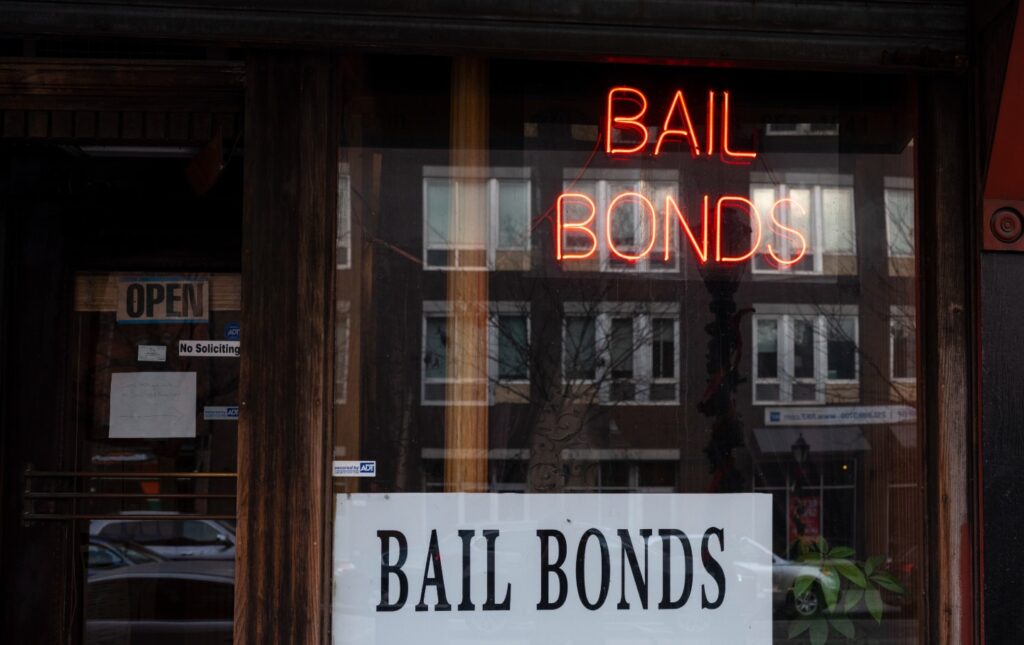March 22, 2022
Abolish the Debt Sentence
By Lisa Herforth-Hebbert
Court fees, fines, and cash bail contribute to a cycle of debt and incarceration under the guise of justice.

On a recent trip to Albany, New York City Mayor Eric Adams pushed for revision of the state’s bail reform law, in light of the murders of Michelle Go and Christina Yuna Lee, pressing lawmakers to give judges more discretionary power concerning pretrial detention. Mayor Adams’s political tussling over bail reform last month was not new. Since it was introduced in April 2019 by the state legislature, the reform has been fiercely debated in the context of “public safety,” but the relationship between cash bail and criminal justice debt has not been adequately included in these conversations: How does the accrual of criminal justice debt affect public safety in the long run?
Zachary Gillespie, an alumnus of NYU’s Prison Education Program who joined the program’s Debt & Incarceration Project as a student researcher in the spring of 2020, says debt and incarceration are “parallel” to each other. The criminal justice system as we know it saddles incarcerated individuals and those accused of crimes with financial obligations leading to the accrual of debt at nearly every juncture of the legal process, as a form of punishment as well as revenue. “A lot of people in prison are affected by debt in different ways,” said Gillespie. In particular, he emphasizes the fraught and stressful consequences criminal justice debt levies on individuals. “Their commissaries are docked, and what little money they can have sent in are garnished by the state, putting them at risk for food insecurity and other issues.”


